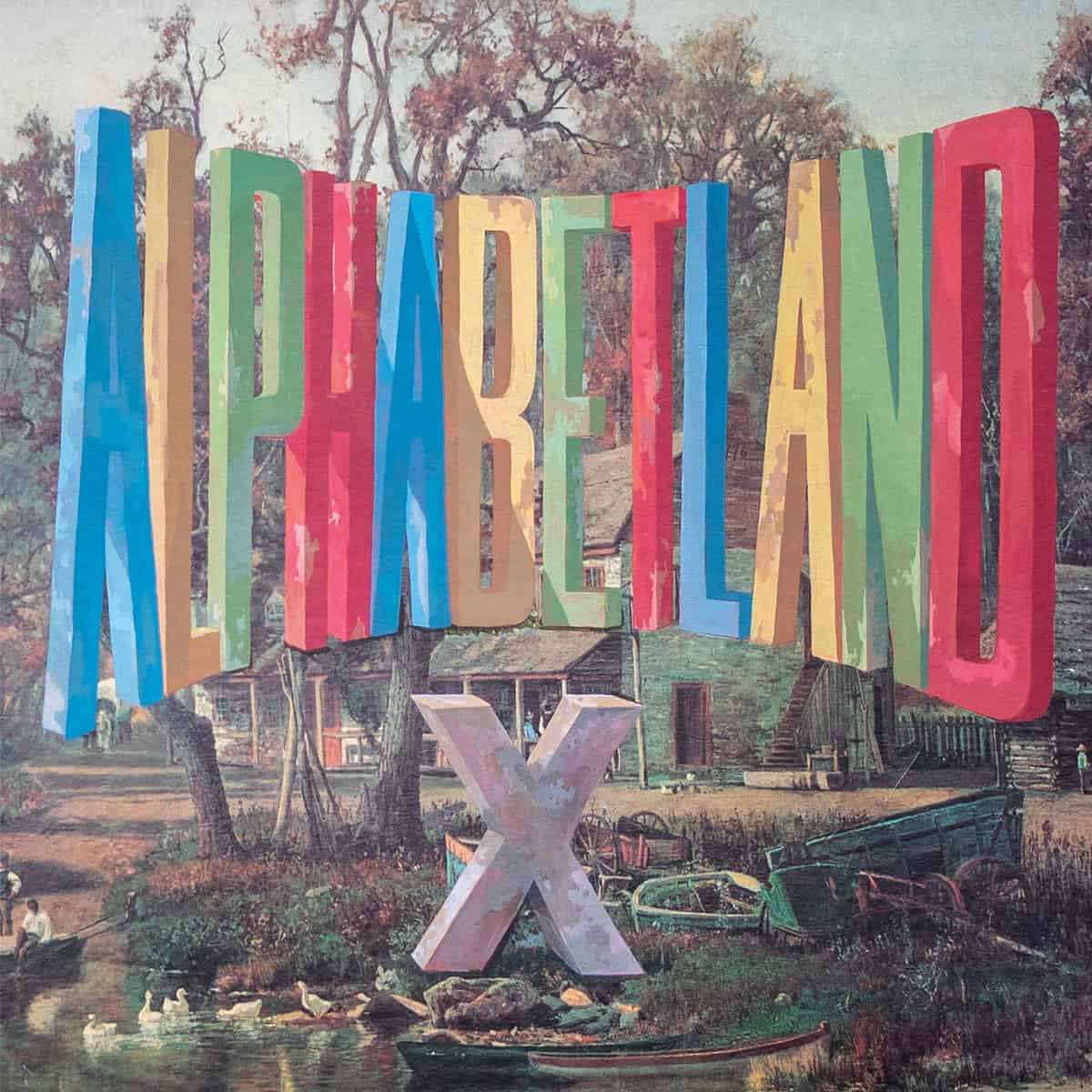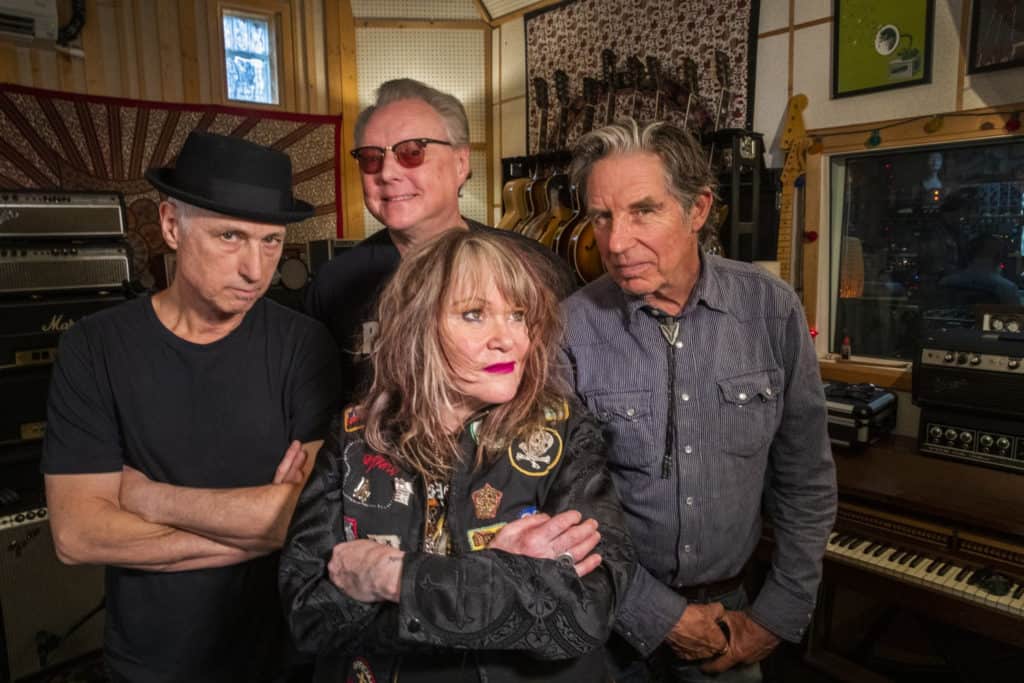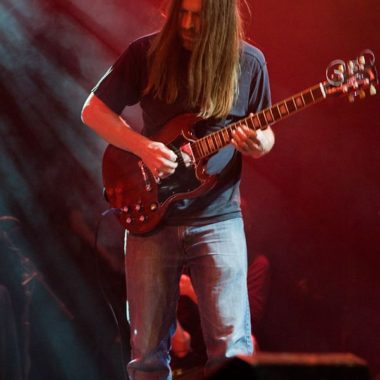X broke the mold of what a punk band should be. Amid 1970s West Coast zealot savants like Flipper and Germs, X was a talented band versed in multiple styles and with a passion for vocal harmonies. They were also as committed to the cause as any of their upstart peers and through five essential albums held fast to the history of country and rockabilly without acting like Reagan’s America was a sock hop. Their smarts flowed through the music but never watered down the punk impetus.
After practically forever away (26 years, to be precise, and 35 since the last album with the four original members), the drunken poets of LA punk are back with a lightning flash of an album (all of 27 minutes) that’s neither their best nor their worst but feels necessary in these days of pestilence and presidential politics. Alphabetland picks up where 1983’s More Fun in the New World left off and was bumped in April to soundtrack the quarantine, making it available digitally (and streaming in full on Bandcamp) in anticipation of an August physical release.
There is, at times, a bit of the hard rock sound they adopted after the brilliant, smiling, tow-headed guitarist Billy Zoom decamped, as on “Free,” which isn’t so much an anthem as a yearning for one. What made the band great still does: lyrical imagery, close harmonies, ramped-up drive and existential ennui. But the big news is Zoom’s return. He adds bits of piano and saxophone this time out but the return of his guitar is what’s essential to the band’s humor and drive. He adds some solid Carl Perkins licks to the barfly agnosticism of “Water and Wine” (“who has to wait at the end of the line? / who gets water and who gets wine?”), punctuating it with a vibrato boing straight out of a Roadrunner cartoon. You can practically hear his grin. The final track – an atmospheric two minutes backing a poem read by vocalist Exene Cervenka – features guitarist Robbie Krieger, an interesting footnote after the band’s work with Krieger’s old bandmate in the Doors, Ray Manzarek, in the ‘80s.
Zoom is a big part of the success of Alphabetland, but he’s not the whole equation. Drummer DJ Bonebreak is, unsurprisingly, still rock solid, grounding the pedal-to-the-metal “Delta 88 Nightmare.” And Cervenka and John Doe’s tight harmonies sound as great as ever. On “Star Chambered,” the singers and onetime romantic partners swap lines and join in non-socially-distanced intervals to sing of the row they’ve hoed, the rows they’ve had and the roads they’ve traveled. Lyrical turns and melody lines (“I wish I was someone else, someone I don’t even know”) might call to mind songs from their past (“What kind of fool am I? I am the married kind”), but Alphabetland drives too fast for the band to spend much time looking back.











